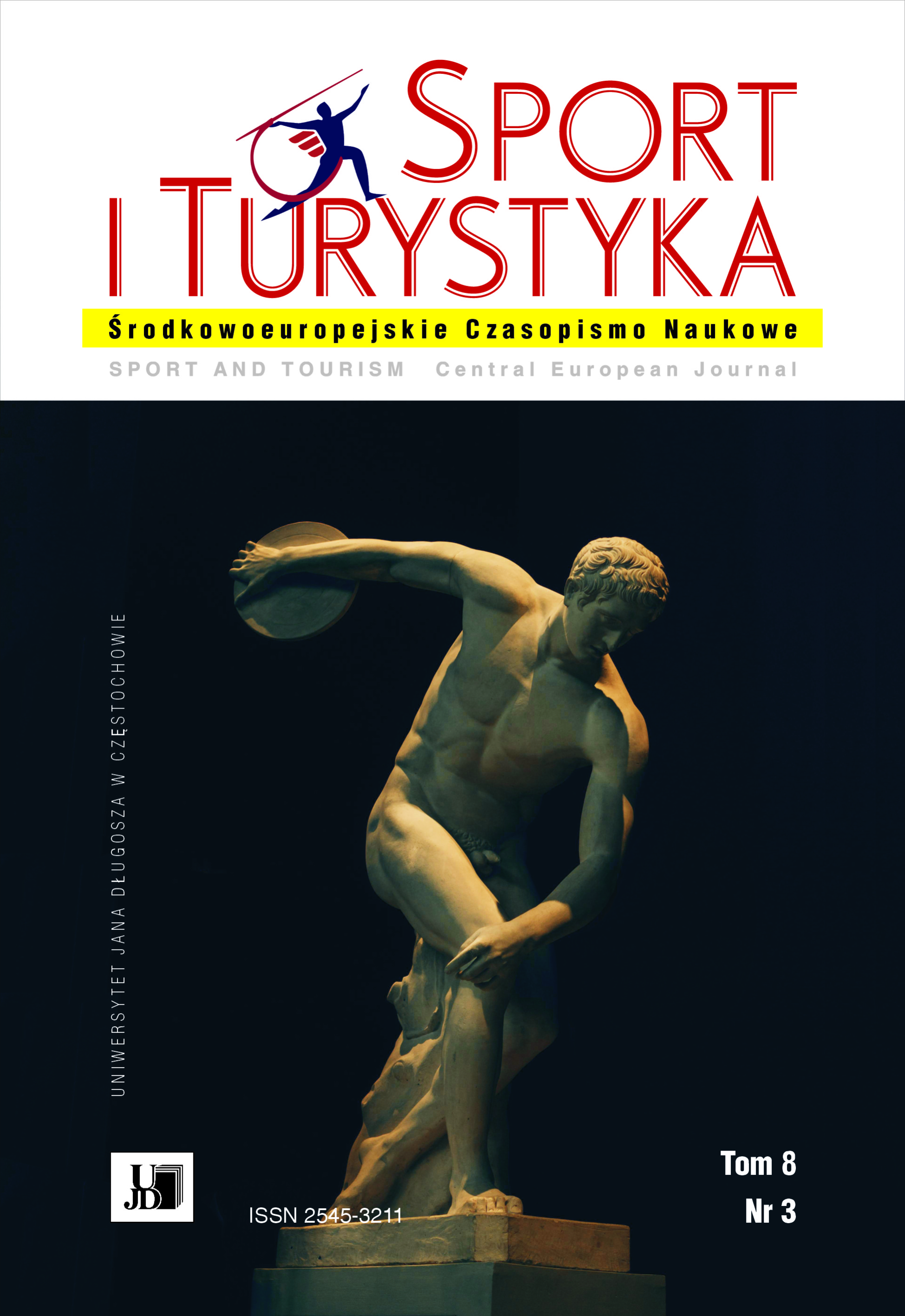Abstract
Mental health symptoms (MHS) are a significant concern in competitive sports, as athletes frequently experience high levels of stress, making them susceptible to mental health disorders. The Athlete Psychological Strain Questionnaire (APSQ) is among the recommended tools for early detection of MHS; however, previous psychometric analyses have yielded inconsistent structural models, including a unidimensional model, a three-factor model, and a second-order model. This study aimed to evaluate the psychometric properties of the Indonesian adaptation of the APSQ (APSQid) by comparing these three models. A sample of 375 Indonesian athletes (241 males, 134 females; mean age = 19.22 ± 5.13 years) participated in the study. Confirmatory factor analysis indicated that the second-order and three-factor models (CFI = 0.950, TLI = 0.929, GFI = 0.959, SRMR = 0.044, RMSEA = 0.062) provided better fit indices compared to the unidimensional model. All the APSQid items exhibited acceptable factor loadings (λ = 0.53–0.72). Internal consistency reliability was satisfactory for the self-regulation factor (ω = 0.729, α = 0.728) and performance factor (ω = 0.713, α = 0.713), but lower for the external coping factor (ω = 0.531, α = 0.559). Overall reliability of the APSQid was excellent (ω = 0.819; α = 0.822). The findings indicate that the APSQid is a valid and reliable instrument for detecting mental health symptoms among Indonesian athletes.





